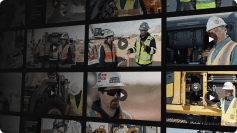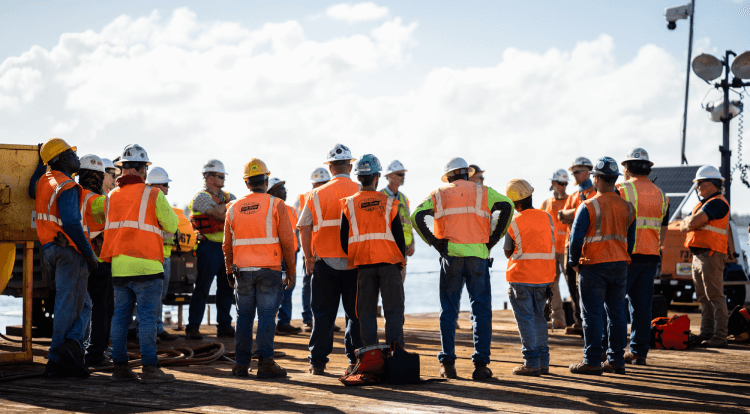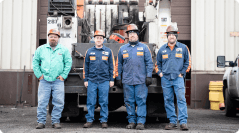The Importance of Project Engineering
Written by Jason Schroeder
January 26, 2023
"Project engineering is so crucial to everything that we do," Jason Schroeder says. "But I want to give you a vision that you can take forward and a bit of advice as you take this journey towards becoming a project manager or a superintendent, a general superintendent or project director or project executive, or start your own business."
The tasks of the project engineer (PE) include everything from working with RFIs, to subcontractor pay applications, to coordinating with owner. They may seem administrative in nature, and sometimes downright thankless, but the reality is that everything a PE does "is to support and care for people," as Jason points out.
He adds, "Until we get that this is about people, we just don't get it."
The flow of everything a project engineer does is targeted toward the workers on the site. These workers are the only ones who add value, meaning that they generate the income that makes the subcontractor payouts, pays for necessary changes, and results in profit for the business.
Respect and love the workers
Workers like the PE, foreman, and superintendent are necessary, but they're necessary as a supporting structure to the revenue-producing workers on the site. Here is Jason's challenge to project engineers: "I want to encourage you to comfort the people that are making the money. I want you to comfort the heroes that we have in construction . . . so that we can take care of the people that matter most."
In fact, he would have you "love and respect and honor" the workers in construction.
There are people who disrespect workers in construction, because they do physical labor, because they may speak gruffly, or because many of them didn't go to college.
But for Jason, "I could testify to you right now that they're some of the smartest people that I've ever met. And so they deserve your respect. They deserve your equal admiration, they deserve your collaboration, they deserve your communication. They deserve those things. And I want you to feel it right here. Because until we feel it, we're not targeting the right end outcome."
All of the administrative work, all of the RFIs, in fact all the coordinating the PE does, has the end result of providing the workers with what they need to be successful on the job site. "The ultimate end of everything that you do is so that a worker can exist in a stable and remarkable environment on a project site and be as productive as possible," Jason says.
Everything the PE does or creates should flow toward the worker. The ultimate measure of a project engineer's success is the stability of the workers on the site.
Become a lifelong learner
It's not only field engineers who need to become addicted to learnin. Project engineers also need to become avid learners in their careers and personal lives.
"You need to start becoming an addicted, fanatical, and avid learner," Jason says. "That means you start taking trainings, that means you expand your mind, that means you're always grabbing and requesting and asking for the best information."
Jason says the best advice he ever received was to read a book a week. Another great way is to learn from someone who's already doing the job really well. Finding out what they're doing right and how they got there can really set you up for success. It also helps you set others up for success, too.
When a PE progresses into project management, they become in charge of—and responsible for— what Jason calls "probably the largest impact of what people will experience and feel in construction. You will lead other project engineers, and I want them to have a remarkable experience. And they only experience remarkable when the culture that you lead is remarkable, when you as a leader are remarkable, when they get what they need—that connection, relevance, and measurement."
Every project engineer needs to master the fundamentals of the role, but Jason encourages you to "always master those fundamentals with connection" and know that "there will come a point when you will stop dealing with things. And you will start dealing with people."
Takeaways
If you want to be a good project engineer, get good at working with people and always keep learning.
As Jason says, "The more you can inspire them with what you know, the better off your team will be."
In sum, "Your job is to support the craft, your job is to support the foreman. And you do that through human connection. And you do that by improving your character, your ethics, your morality, and your joy. And by taking care of yourself and your family."
As a project engineer, you help shape the working environment by how you treat and connect with people. On the project site, the project manager is the number one people person; the project engineer is the number one people-person-in-training. Whether or not you have a good culture, and whether people are happy, is your responsibility.
In construction, you're not only building structures. You're also building people and families.
"Keep your focus where it needs to be," Jason says. "Always take care of that end customer as the worker, or the craft worker, or the foreman . . . The opportunities for you to grow are almost limitless."













